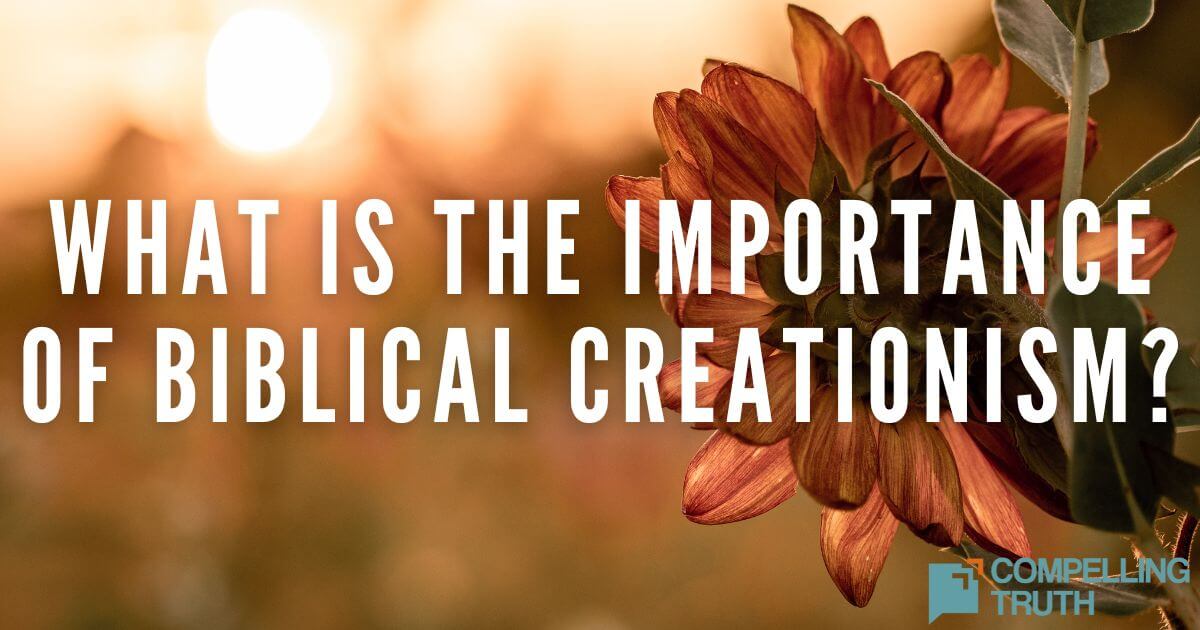The Bible doesn't really say anything directly about the Big Bang theory. The theory is a mathematical model attempting to describe how the universe expanded from an initial state of extremely high density and temperature. The Big Bang model was first suggested by combining the observed expansion of the universe with Einstein’s General Relativity. While several independent lines of evidence support the Big Bang model, it is still being developed and tested. It undergoes modifications when new observations don't fit the model. Alternatives to the Big Bang include the eternal universe and the multiverse, neither of which has biblical support nor scientific support. The Big Bang theory might explain how the universe physically changed after the instant of a “beginning,” but says nothing about how or why that beginning occurred. The actual creation event of the universe remains beyond the probing of cosmologists. However, the Bible is clear about how the universe started and Who created it.
The Big Bang describes a model of the universe expanding from an initial state of extremely high density and temperature. This singularity expanded rapidly, and as it did, it cooled and formed subatomic particles, atoms, and eventually the stars and galaxies we see today. Interestingly, both the Big Bang theory and the Bible (Genesis 1:3, 14) suggest that photons (light) existed before stars (the sun). The theory is supported by a range of observational evidence, including the expansion of the universe, cosmic microwave background radiation and the abundance of light elements. The Big Bang implies that the universe began to expand around 13.7 billion years ago.
The Big Bang theory is based on Einstein’s General Relativity (theory of gravity), which accurately describes the behavior of matter and energy on large scales. General Relativity is well established, but it does not say how things started. In 1927 the Catholic Priest and astronomer Georges Lemaitre first applied Einstein’s work to the expanding universe, implying that it could be traced back to a single point of origin. Prior to this most scientists believed the universe was infinite and eternal. There was significant resistance to the idea that the universe had a beginning because of the religious implications. Today, based on the evidence, most cosmologists accept the idea that the universe had a beginning, although opinions vary widely on the initial cause, which Genesis 1:1 tells us was God.
The Big Bang theory is not complete and has several untested predictions and missing pieces. An unsettling claim is that 95% of the energy in the universe is in an unknown form, called dark energy and dark matter, which have never been observed. The Big Bang theory is still being developed.
This link answers the question if the Big Bang theory is compatible with the Bible.
https://www.compellingtruth.org/big-bang-theory-Bible.html




